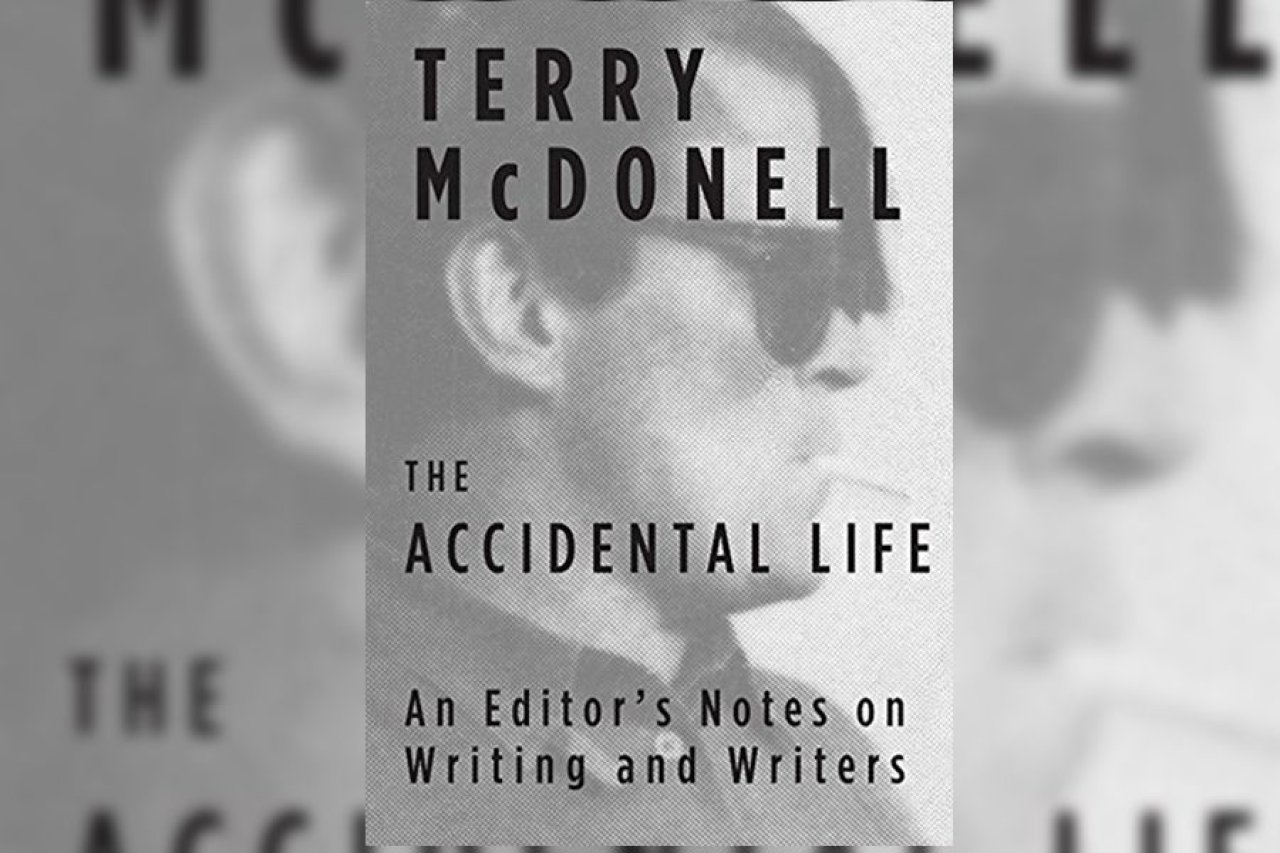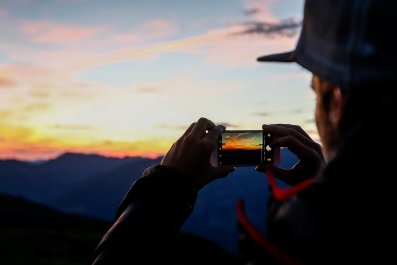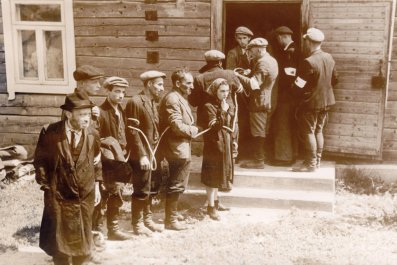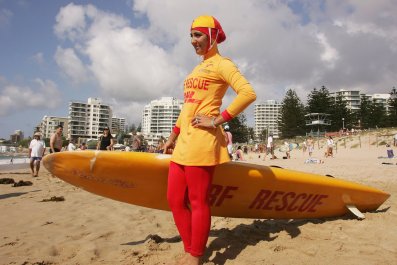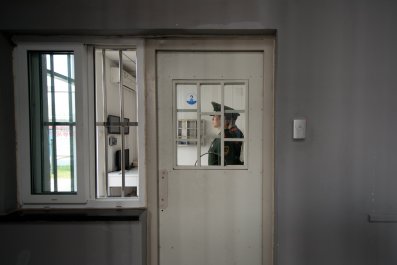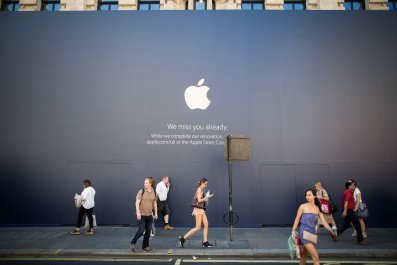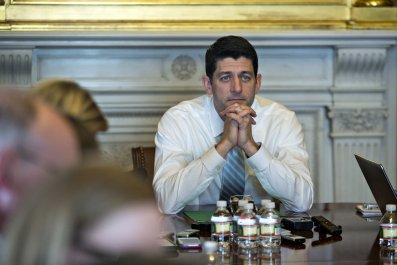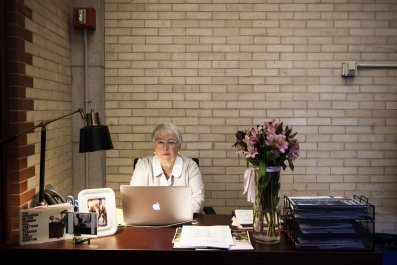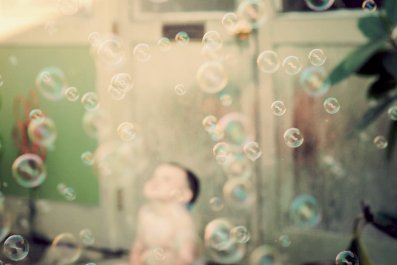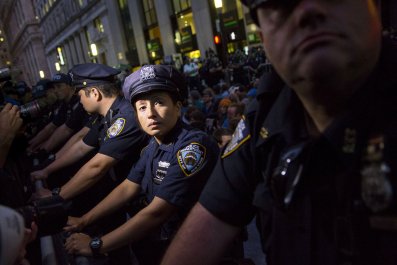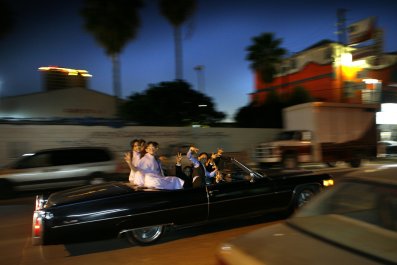Terry McDonell is almost certainly the only editor in the history of American magazines to have played golf with Hunter S. Thompson while tripping on acid, edited the Sports Illustrated swimsuit issue and had one of his ideas called "really stupid" by Steve Jobs—all in a career that also involved friendships and collaborations with some of the foremost cultural figures of postwar America, from novelist Richard Ford to actress Margot Kidder.
Ford, the self-exiled Southern given to manly pursuits, never got around to taking McDonell hunting, which seems to be a sore point, but McDonell's new memoir, The Accidental Life, is otherwise free of score settling, vitriol and self-aggrandizement. As an editor who worked at seemingly every great magazine in print other than Cat Fancy, he mainly wants to run his fingers along the fine grains of the editing life, which might involve tracking down Edward Abbey in a rural Utah bar or fielding a complaint from Spike Lee about an Esquire headline.
The recounting of so many deadlines barely met and so much sobriety frequently squandered doesn't make McDonell, a hale 72-year-old, a nostalgist. When he sat down across from me in a lower Manhattan fish joint one recent afternoon, he wanted at once to know if I used WhatsApp, the encrypted messaging service over which he communicates with his son Nick, a journalist and novelist living in Baghdad. "All the people overseas use that," McDonell says, sounding like a digitally besotted millennial who doesn't know the difference between an issue of The American Scholar and the Victoria's Secret catalog.
McDonell's zeal for the new goes beyond messaging apps. He is one of the founders of Literary Hub, a popular digital-only literary magazine he started with Grove/Atlantic's Morgan Entrekin. And though clearly aware of the grim realities facing the printed word—books, magazines and newspapers—he insists that "this is a great time to be an editor," while picking at a complex oyster concoction set in a giant bowl of ice. "There's just so much to do."
The Accidental Life is about what he has done, which is to say pretty much everything one could have hoped to in the magazine world of late 20th-century America. He edited and befriended most of the alpha males of a muscular brand of journalism that flowed from the American West to midtown Manhattan. He was also chummy with Helen Gurley Brown, the legendary editor of Cosmopolitan, who always took the M10 bus down Central Park West to her office in order to stay in touch with her readers. He hung out with the crime novelist Richard Price, rafted down the Salmon River in Idaho with Rolling Stone founder Jann Wenner and frequented the literary clubhouse that was Elaine's restaurant on the Upper East Side. Seemingly every writer floats through these pages, with the exception of Thomas Pynchon.
The number of major magazines at which McDonell served as editor in the past four decades is astonishing; it would take far too much space to list them all here. His past employers include Outside, Rolling Stone, Newsweek, Esquire and Sports Illustrated. Though he frequently stayed in a gig for only a couple of years, McDonell always knew he wanted to edit magazines, to work with writers like Jim Harrison, Thomas McGuane, Susan Orlean and, most surprisingly of all, Jimmy Buffett, who wrote for McDonell at Outside and Sports Illustrated, composing a song, "Getting the Picture," for the latter's swimsuit issue.
The printed word was being challenged by television but had not yet been defeated by the internet, and to be a magazine journalist then was not yet some recherché occupation, like Civil War recreation. It was damn fun too, as when he assigned budding Republican humorist P.J. O'Rourke a Rolling Stone piece that would come to be titled "Cocaine Etiquette." "Cocaine and etiquette," O'Rourke wrote, "are inseparable; they go together like cocaine and, well, more cocaine." That kind of thing, kids, they don't teach you at Columbia Journalism School.
It's surprising McDonell remembers much of anything, given the drugs and booze that seemed easier to find in a newsroom than a working pen. McDonell says he and his friends drank so much, they called themselves the Society of Functioning Alcoholics. In this time of smaller and smaller newsrooms, his tales of media-world excesses are amusing, a dispatch from a distant planet. "An editor I knew at People joked one Christmas about expensing $20,000 of veal picatta that year," he writes. "Writers would hear about such high-handed excess and complain to their editor, who would likely take them out for some veal picatta, and that would be that." Now we take our lunches at Chipotle, counting both calories and quarters.
In his Accidental Life, McDonell acknowledges mistakes, as well as the shortcomings of the magazine industry. For example, there was the Esquire story titled "Spike Lee Hates Your Cracker Ass." McDonell now says his headline was "hate-mongering" and recalls with embarrassment the call he got from the upset film director. "I'm still ashamed of it," he says. He also points out that few women are the top editors at major magazines (one exception, he notes, is Mother Jones, edited by Clara Jeffery). People of color remain all too rare on the mastheads of our finest magazines.
In both writing and conversation, McDonell displays an optimism rare for his industry, where a pose of resigned gloom has become as fashionable as renting a "cottage" in the Hamptons. "Editors," he writes, "have to be optimistic, ever hopeful that the next issue will come together not quite as badly as the last one."



